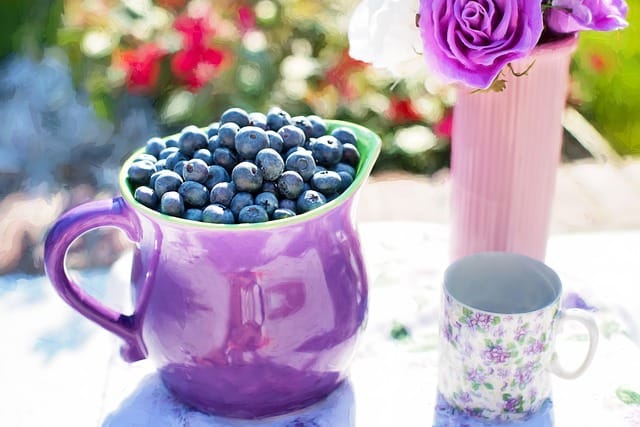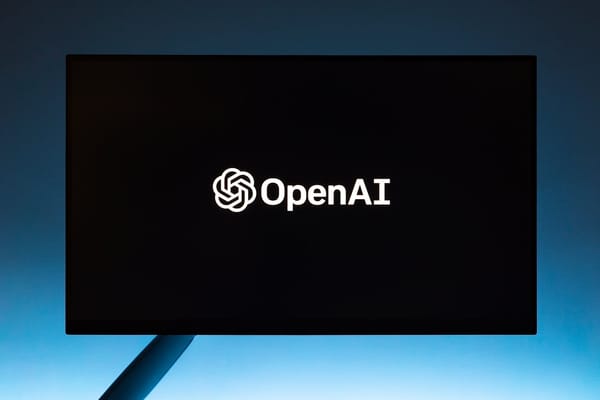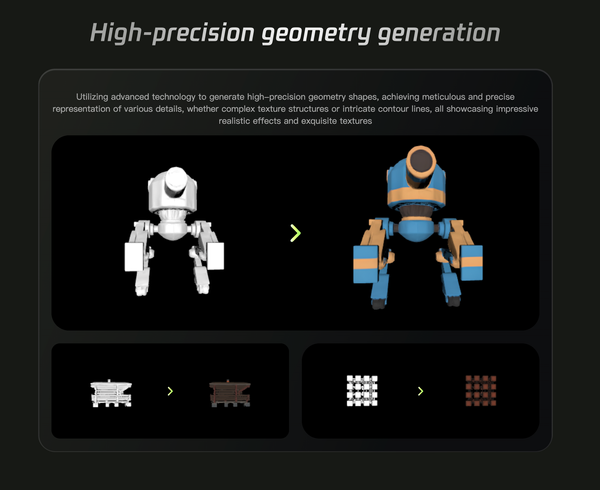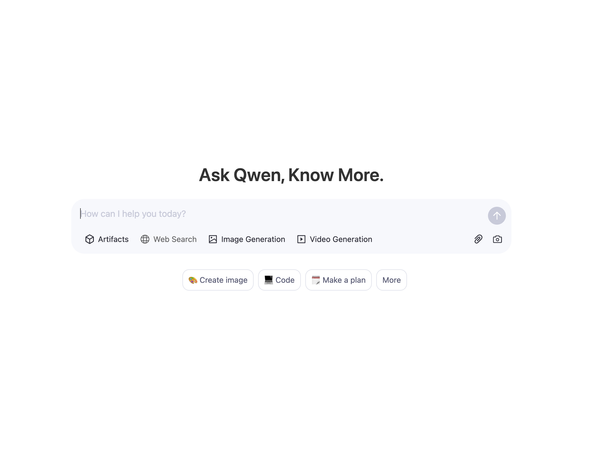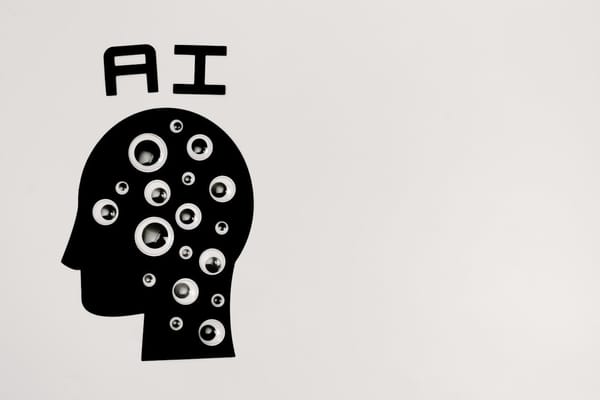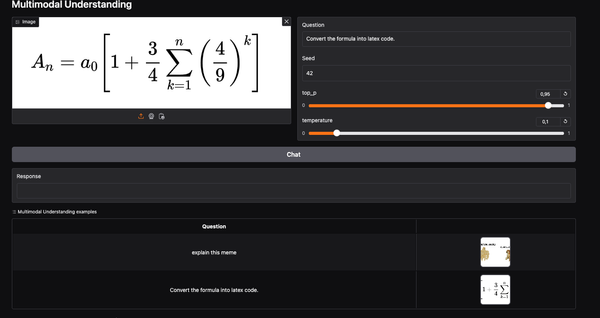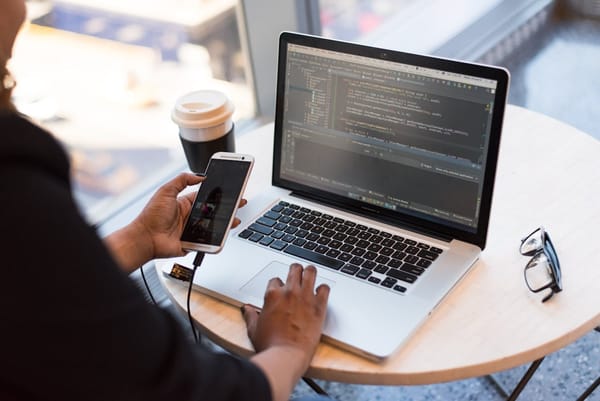Bridging Technology and Nutrition: How AI is Transforming Meal Planning
Are You Truly Ready to Put Your Mobile or Web App to the Test?
Don`t just assume your app works—ensure it`s flawless, secure, and user-friendly with expert testing. 🚀
Why Third-Party Testing is Essential for Your Application and Website?We are ready to test, evaluate and report your app, ERP system, or customer/ patients workflow
With a detailed report about all findings
Contact us nowTable of Content
There’s no denying the tremendous influence Artificial Intelligence technologies have on our world. In the medical sphere, AI has helped improve various fields, such as diagnostics, research, and patient care (among others).
As the technology evolves, AI’s reach extends, and nowadays, it’s reshaping the nutritional landscape. So what happens when artificial intelligence enters the kitchen?
From personalizing diets to managing chronic diseases, AI is cutting a path through traditional barriers in nutrition and healthcare. Your next meal plan could be curated not just by a dietitian’s expertise but also by smart algorithms that learn from your body's unique needs and responses.
Nutrition Customization with AI
One of the most compelling innovations in nutritional health is the advent of AI-powered platforms that act as digital dietitians. These intelligent systems digest vast amounts of data, from allergens to micronutrient needs, and spit out meal plans that align with individual health goals and dietary restrictions.
The more advanced digital dietitians can process real-time feedback from wearables tracking biometrics like blood glucose levels and sleep patterns. Based on these data, the algorithm can create dynamic nutrition plans that evolve alongside your changing lifestyle and health metrics.
Artificial intelligence also excels in mining medical literature for links between diets and disease outcomes. It streamlines nutritional recommendations by comparing current research trends against your personal medical history, thus ensuring that suggested foods or supplements aren't just generally healthy but specifically beneficial for you.
In essence, AI doesn't replace human expertise—it augments it. It democratizes access to customized nutrition advice, a luxury traditionally reserved for elite athletes or those with specific medical conditions.
AI-Powered Nutrition Tools to Consider
While things are just starting, there are several tools you can use to ensure your nutrition is on point with your fitness and energy goals.
Meal Plan Generators
Proper meal planning requires extensive research and a deep understanding of how nutrition works. Aligning nutrition with fitness objectives is also a science in itself.
But, with AI meal plan generators, you can have a list of recipes tailored to your nutritional needs in a couple of seconds. These tools analyze personal health data and factor in your age, weight, dietary restrictions, and even taste preferences.
This way, it’s no longer just about calories in versus calories out, it's about the right kind of fuel at the right time. And, if you don’t feel like cooking, you can pair your favorite meal plan generator with a reliable veggie-rich dinner delivery service. This way, you get the best of both worlds (nutrition and meal planning).
If you want to give these tools a try, here are a few examples:
- Eat This Much—simplicity is key here: enter your dietary goals, and this generator will conjure up daily menus complete with grocery lists. It'll be as if you've gained an invisible sous chef who's studied under Gordon Ramsay and Ada Lovelace.
- PlateJoy—We all would like a personal nutritionist on speed dial, but you’ll have to make do with this intelligent meal planning service that creates your menus based on your personal preferences and goals. Additionally, the digital pantry tracking feature ensures your recipes align not only with your health ambitions but also minimize food waste.
- Neutrino—This tool digs deep into the essence of personalized nutrition by considering medical conditions like diabetes or heart disease when generating meal plans.
With these tools, you no longer have to spend hours trying to figure out which ingredients are best for your nutritional goals. Plus, you’ll have a ton of recipe ideas that fit your taste profile and preferences.
AI-Based Nutrition Trackers
Struggling to make sense of nutrition labels? You're not alone. The modern diet is a complex tapestry of nutrients, vitamins, and calories that's often hard to navigate. Cue AI nutrition trackers that can help you make sense of what happens with every bite you eat.
Here are a few trackers that are quite popular with dieters everywhere:
MyFitnessPal
Might seem like the old guard in this space, but the app comes with an extensive food database and barcode scanning magic. An intuitive interface coupled with predictive input makes tracking meals almost effortless. But it's not all about logging – the app learns your habits and begins to offer insights that help refine those eating patterns toward healthier choices.
Fooducate
Snap a picture or scan a barcode, and Fooducate doesn't just log it; it educates. It reveals nutritional quality with letter grades, offering alternatives when those grades don’t quite make the honor roll.
Energize
This one is quite new, but it comes with similar features. Plus, the code is open-source, so you can customize and improve it to your liking.
AI's Future in Research and Development
AI is already making waves in the world of medical research, so there’s no surprise it will reach the nutrition R&D sector soon enough.
The complexity of diet-disease relationships is staggering, but AI algorithms have the power to identify and understand discerning patterns that might evade even the sharpest of human minds.
AI enhances our understanding by slicing through reams of data from dietary studies, clinical trials, and population health records. It efficiently identifies correlations and causal links far beyond manual analysis.
This precision will allow researchers to draw more nuanced conclusions about how certain foods can affect well-being or exacerbate specific health conditions.
The implications for public health policy are profound. Armed with AI-generated insights, policymakers can craft guidelines and initiatives rooted deeply in empirical evidence. Furthermore, this type of research will have a long-lasting impact on the entire food industry,
As more companies employ AI algorithms, they’ll be able to improve the nutritional profile of existing products and create new ones. Think plant-based proteins designed to mimic meat textures or beverages enriched precisely to suit individual micronutrient deficiencies.
Overall, the connection between modern technologies and nutrition is strong, and it gets stronger each day. For now, you can use intelligent tools to make meal planning easier and track your nutrition. But the future promises to bring major changes in how we understand and use food.

